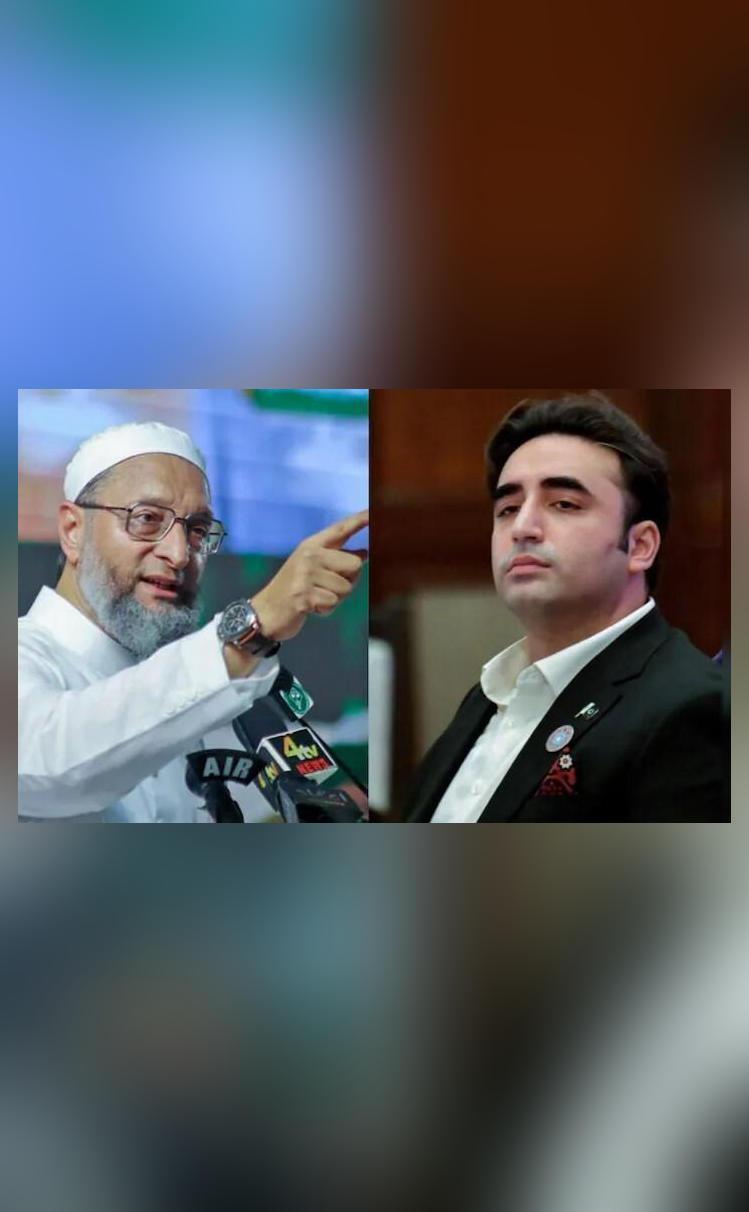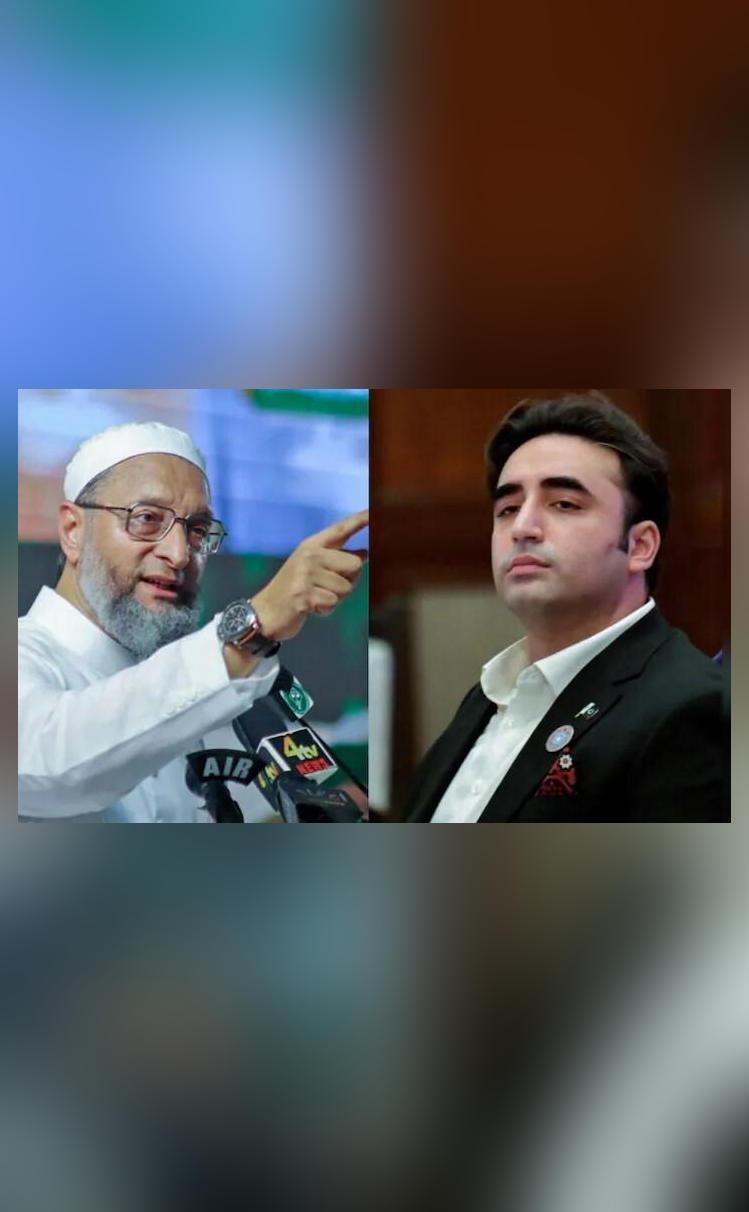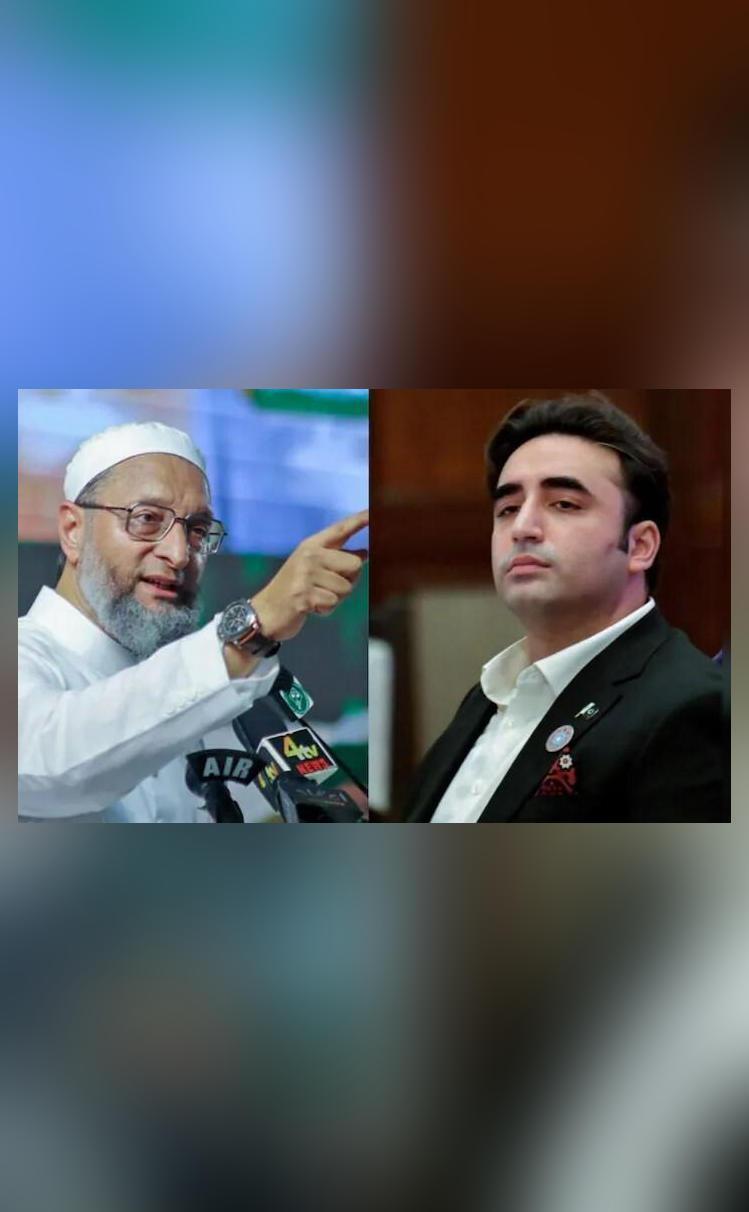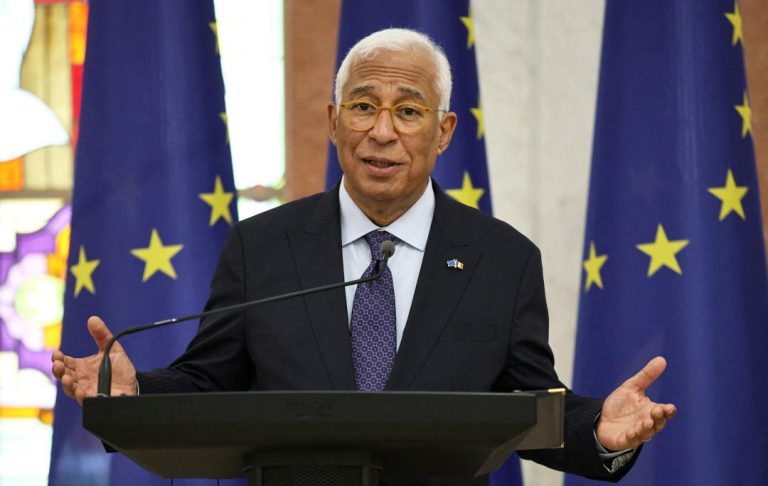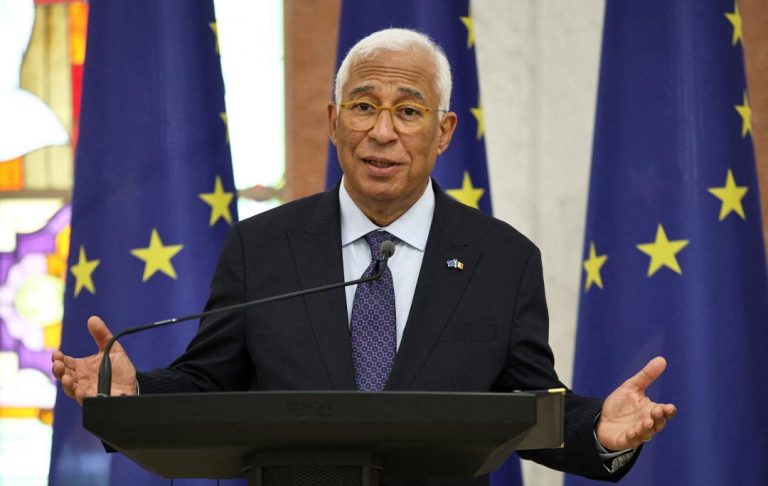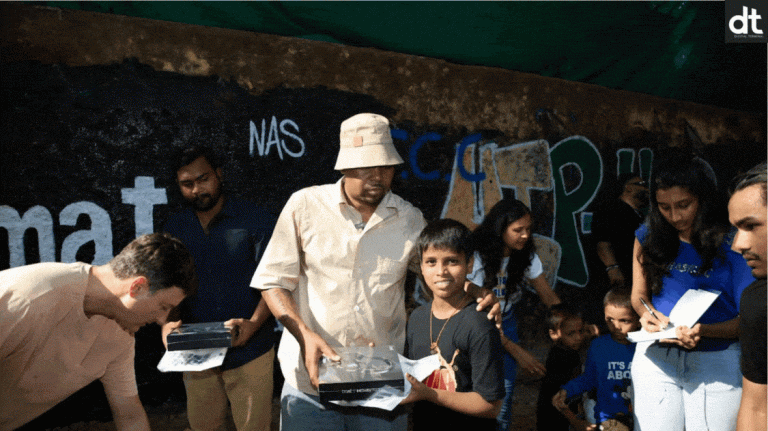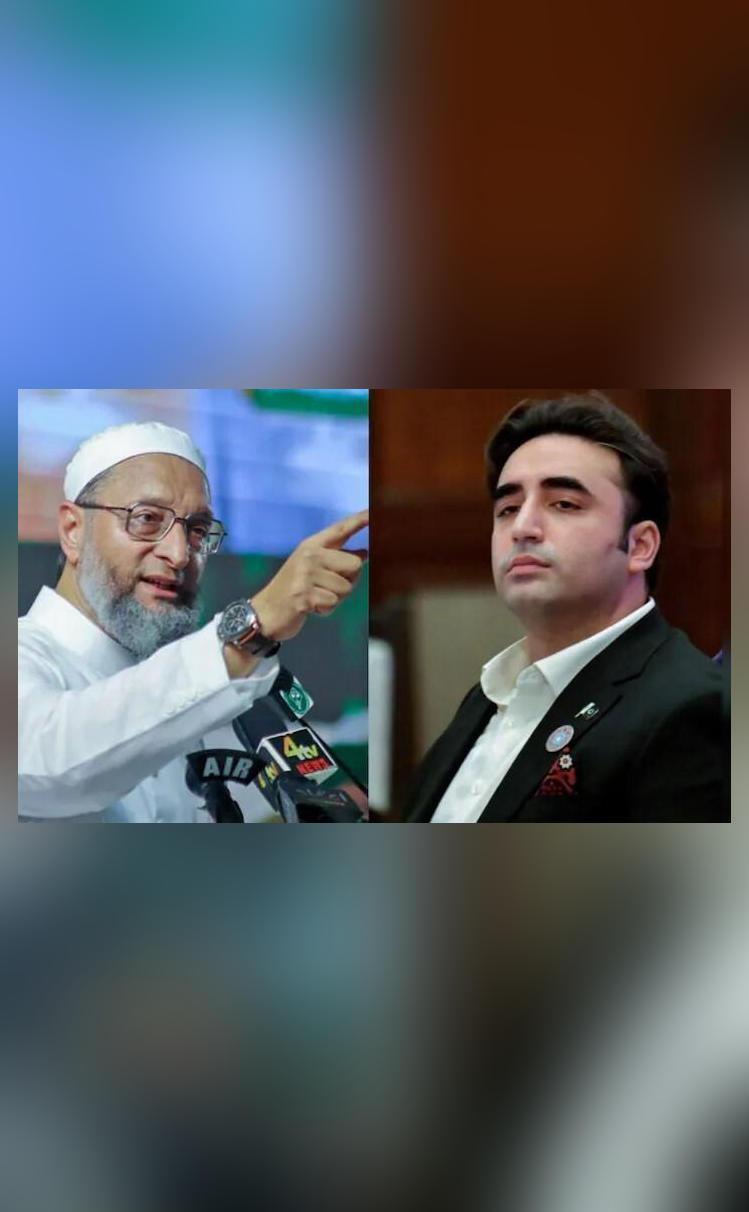
You Can’t Run Pakistan Without US Help: Owaisi to Bhutto
The ongoing political tensions between Pakistan and India have been escalating with each passing day. The latest development came in the form of a fiery remark made by Pakistani politician Bilawal Bhutto, who threatened that “blood will flow” if India doesn’t stop its alleged aggression. In response, AIMIM chief Asaduddin Owaisi has taken a bold stance, saying that Pakistan cannot run the country without the help of the United States and is attempting to stare India down.
Bhutto’s remark was made in the context of the recent Pahalgam attack, which resulted in the killing of several civilians. His statement sparked outrage in India, with many calling it a threat to national security. However, Owaisi’s response was even more scathing, as he accused Bhutto of trying to distract from Pakistan’s own internal issues.
“Unless the US gives you something, you cannot run the country, and you’re trying to stare us down,” Owaisi said in an interview. “Indus is ours…either our water will flow…or their blood,” he added, referring to the ongoing dispute over the sharing of the Indus River waters between the two countries.
Owaisi’s comments were in response to Bhutto’s earlier statement, which was made in the wake of the Pahalgam attack. Bhutto had said that terrorism killed his mother, Benazir Bhutto, and if India doesn’t understand that, he will have to explain it to his mother. Owaisi responded by saying that Bhutto’s mother was killed by terrorists, and if he doesn’t get that, what will he explain to her?
Owaisi’s statement was not just a response to Bhutto’s remark but also a reflection of the deep-seated issues plaguing Pakistan. The country has been facing economic and political crises, with many calling for a change in the government’s approach to address these challenges.
One of the main issues facing Pakistan is its dependence on foreign aid, particularly from the United States. The country has been receiving significant financial assistance from the US, which has been instrumental in keeping its economy afloat. However, this dependence has also led to concerns about Pakistan’s sovereignty and its ability to make its own decisions.
Owaisi’s statement was also seen as a warning to Bhutto and the Pakistani government not to take India lightly. The country has been facing a series of challenges, including terrorism, economic instability, and political turmoil, and any further escalation of tensions with India could have serious consequences.
In recent years, Pakistan has been trying to strengthen its ties with China, and the two countries have signed several agreements aimed at boosting trade and economic cooperation. However, this has also led to concerns about Pakistan’s growing dependence on China, which has raised questions about the country’s sovereignty and its ability to make its own decisions.
The ongoing tensions between Pakistan and India are not just a reflection of the two countries’ political differences but also a symptom of a deeper issue. The two countries have been at odds for decades, and the dispute over Kashmir has been a major source of tension between them.
The Kashmir dispute has been a major sticking point between Pakistan and India for decades, and the two countries have been unable to agree on a solution. Pakistan has been calling for a plebiscite in Kashmir, which would allow the people of the region to decide their own fate. However, India has rejected this proposal, saying that it is not a viable solution.
The dispute over Kashmir has been a major source of tension between Pakistan and India, and any further escalation of tensions could have serious consequences. The two countries have been engaged in a series of military build-ups along the Line of Control (LoC), which has raised concerns about the possibility of a conflict.
In conclusion, Owaisi’s statement was a reflection of the deep-seated issues plaguing Pakistan and its dependence on foreign aid. The country has been facing a series of challenges, including terrorism, economic instability, and political turmoil, and any further escalation of tensions with India could have serious consequences.
